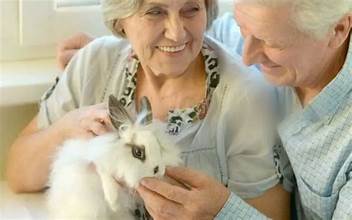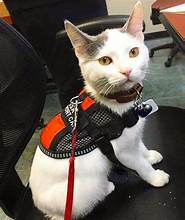A Heartwarming Look at the Quiet Joys of Bunny Companionship in Later Life
🐰 Why Rabbits Make Great Companions for Seniors
When you think of pets for older adults, cats and dogs often come to mind. But what about rabbits? These quiet, gentle animals can be deeply affectionate and make excellent companions for seniors seeking calm, low-maintenance pets.
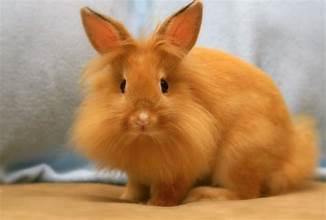
Rabbits offer:
- Peaceful companionship
- Minimal noise
- Easy grooming needs
- Therapeutic emotional benefits
🧡 For many seniors, rabbits are the perfect in-between of independence and companionship.
💞 Emotional Benefits of Rabbits for Seniors
Rabbits are emotionally intuitive and thrive on routine, two qualities that align well with the daily lives of many senior citizens. Their presence can bring comfort, exercise, and affection without overwhelming responsibility.
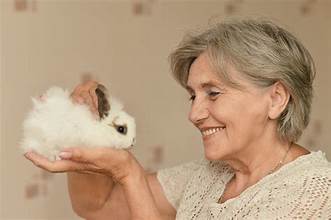
Key emotional benefits include:
- Reducing loneliness and isolation
- Providing a sense of purpose
- Encouraging gentle touch and affection
- Offering comfort through routine
- Promoting mindfulness and calm
📘 Many seniors find that stroking a rabbit’s soft fur reduces anxiety and improves mood.
🛋️ Physical & Lifestyle Compatibility
Rabbits are indoor-friendly, which means seniors with limited mobility or smaller living spaces, such as apartments or assisted living facilities, can still enjoy pet ownership.
What makes rabbits ideal for senior lifestyles?
- Don’t require walks
- Litter-trainable
- Quiet and non-disruptive
- Adapt well to a slower pace.
- Require only moderate daily care.
🚪 Rabbits thrive in calm, controlled environments, like many seniors do.
🧠 Health Benefits of Rabbit Companionship
Numerous studies have shown the therapeutic effects of pet companionship. Rabbits may not bark or purr, but they offer subtle emotional support and routine that benefits senior health.
Notable health impacts:
- Lowers blood pressure and stress levels
- Helps regulate daily structure
- Encourages gentle movement through play or cleaning
- Combats depression and cognitive decline through interaction
🧓🏻 Caring for a bunny gives seniors a daily task that’s manageable and meaningful.
🐇 What to Know Before Bringing a Rabbit Home
While rabbits are relatively low-maintenance, they do have specific care needs that seniors (or caregivers) should be aware of:
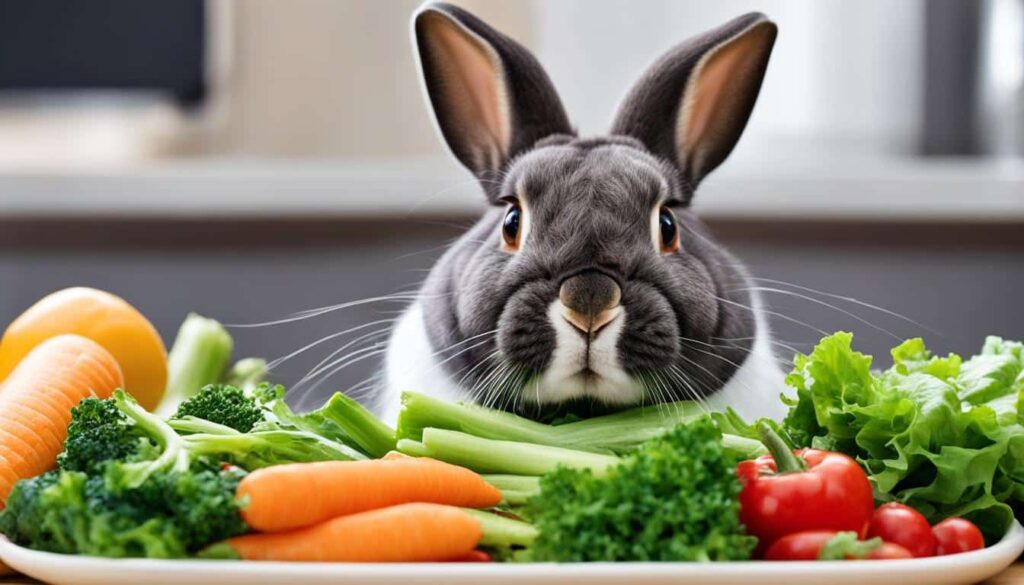
- Diet: Hay, fresh greens, and pellets
- Housing: Spacious indoor cage or x-pen, cleaned regularly
- Exercise: Daily supervised free-roam time in a safe area
- Grooming: Regular brushing (especially for long-haired breeds)
- Health: Routine vet care and checkups
💡 Tip: Consider adopting an older rabbit—they are calmer, already trained, and often overlooked.
🐾 Best Rabbit Breeds for Senior Companionship
Not all rabbits have the same personality. Some are more active or skittish, while others are naturally calm and cuddly.
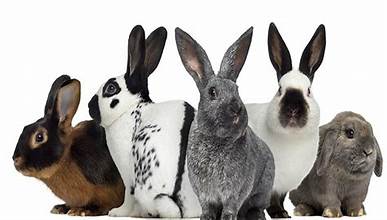
Top rabbit breeds for seniors:
- Mini Lop – Friendly and cuddly
- Holland Lop – Gentle and low-key
- English Angora – Soft and snuggly (needs grooming help)
- Rex – Known for their plush velvet fur and laid-back attitude
- Mini Rex – Smaller version, perfect for indoor settings
🏡 Adopt from a shelter or rescue that can match a rabbit’s temperament to your needs.
🐰 A Pet That Fits the Heart—and the Home
Rabbits are a gentle, loving choice for senior citizens who want a soothing and interactive companion without the higher demands of more traditional pets. Whether enjoying a morning coffee with your bunny at your feet or simply having a quiet friend to share the day with, rabbits can bring joy, purpose, and comfort into a senior’s life.

